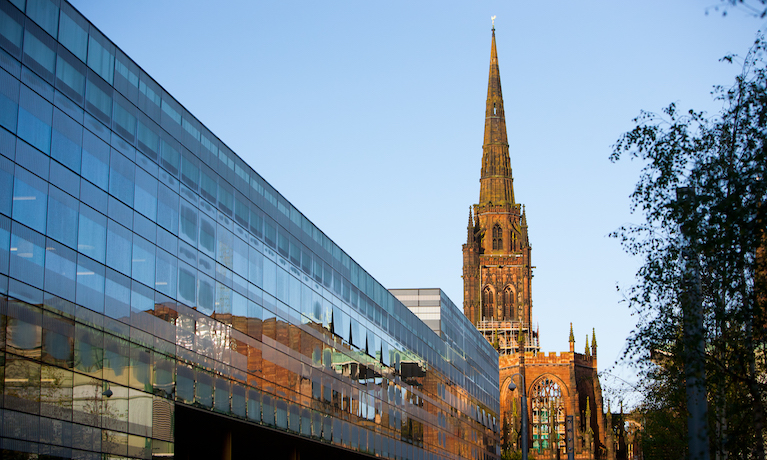Search
Coventry University and fellow University Alliance institutions' research delivers local and global impacts

Thursday 25 March 2021
Press contact
A new publication released by University Alliance (UA) shows research carried out by Coventry University and fellow member institutions is delivering both local and global impacts.
The publication uses case studies to highlight how UA universities work to address real-world challenges, and to deliver research activities that directly benefit people, communities, businesses and wider society across the UK and around the world.
With more than 15 million people in the UK living with a long-term physical or mental health condition, Coventry University research has led to the development of several evidence-based face-to-face and digital self-management courses to help support people living with these conditions to cope with anxiety and depression. One of its projects is the Hope Programme, and supports users through a six-week course, offered both face-to-face and online.
The social enterprise spin-out, Hope 4 The Community (H4C), founded by Coventry University’s Professor Andy Turner, was named as one of the top 25 social enterprises in the country in 2020. It was established by researchers and a number of service users to diversify and spread the programme across public and private users. Macmillan Cancer Support and the NHS have worked closely with H4C in the development of its support programme.
Since H4C was founded more than 15,000 people have reported that they have benefited from the Hope Programme and digital delivery has been scaled up significantly in response to the COVID-19 pandemic.
Meanwhile with more than 50 million tonnes of electronic waste being generated globally each year and most of it being shipped overseas or ending up in landfill, a Coventry University academic has set out to affect positive change.
The recycling of printed circuit boards found in most e-waste comes with a large carbon footprint and incineration often results in a loss of precious metal and the release of dangerous toxins, which seep in to groundwater, soil and air, affecting the environment and those surrounding it.
Coventry University’s Professor Sebastien Farnaud, has collaborated with Network 2 Supply (N2S), a leader in IT lifecycle services to develop Bioleaching, a technique that uses bacteria to safely extract and recycle precious metals from electronic waste. These novel methods are environmentally friendly with a low carbon footprint and do not use toxic chemicals.
Together, they are winning international acclaim for their response to the e-waste challenge.
At Coventry University we are committed to accelerating impact by delivering relevant high-quality research with and for our external stakeholders through our 14 challenge-led research centres. These case studies demonstrate the immediate and important result of this strategy.
Richard Dashwood, Coventry University Deputy Vice-Chancellor (Research)
To view all the case studies featured in the publication, visit the University Alliance.




